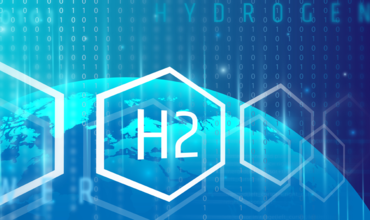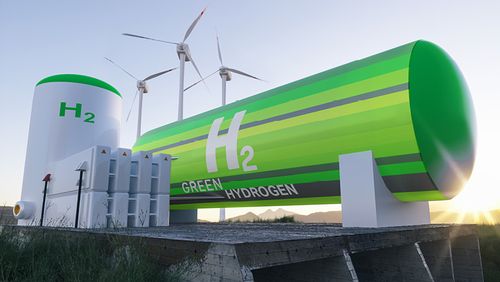HIF Global, an eFuels company, announced its expansion to Uruguay, where it will commence development of an approximately USD 4bn eFuels project in the city of Paysandú, according to a news release.
The President of Uruguay, Luis Lacalle, yesterday announced HIF Global as the winner of the tender process conducted by the state-owned Ancap group company ALUR to negotiate the purchase of 150,000 tons per year of biogenic carbon dioxide, approximately 20% of the total CO2 required for the eFuels facility.
President and CEO of HIF Global, Cesar Norton, said, “This is our first step to initiate projects in Uruguay and continue our global fight against climate change. Our focus now will be on the permitting and engineering of the HIF Paysandú eFuels facility, the first plant of its kind in the country. We will use the CO2 supplied by ALUR to unlock additional renewable energy production in Uruguay and convert it into carbon-neutral eFuels, creating a new industry and contributing to decarbonization of the transportation sector.”
eFuels, including eMethanol, are made using electrolyzers powered by renewable energy to separate hydrogen from oxygen in water. The green hydrogen will be utilized together with biogenic carbon dioxide to produce carbon neutral eFuels, which are chemically equivalent to fuels used today and can therefore be dropped-in to existing engines without any modifications required.
The HIF Paysandú eFuels facility is expected to produce over 256 million liters per year of eGasoline by combining 100,000 tons per year of green hydrogen produced at the facility and 710,000 tons per year of captured CO2. This is equivalent to decarbonizing more than 150,000 vehicles annually.
HIF estimates the facility will require 1 GW of electrolyzer capacity, 2 GW of renewable electricity, 1,500 jobs during the construction phase and 300 permanent jobs during operations.







